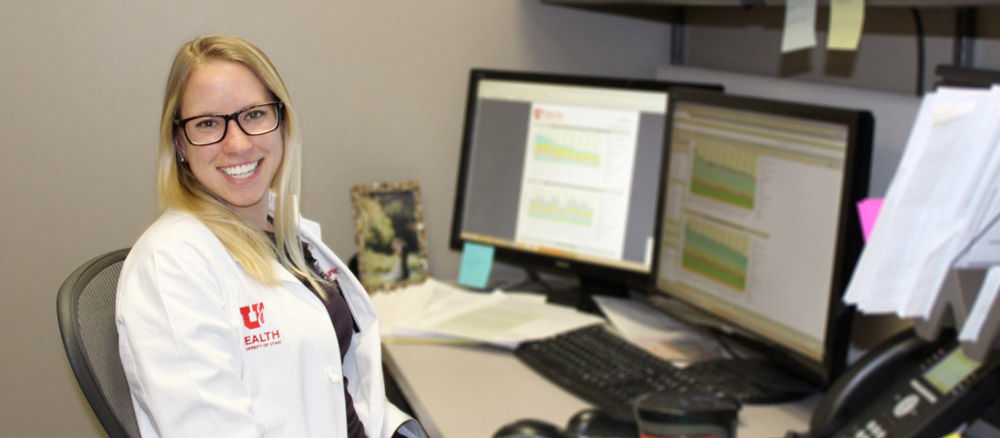Wanted: Talented, Energetic, Creative People to Work on Difficult, Boring Problems. No Perks.
“Solving some of health care’s problems in practice is JUST PLAIN BORING. Dealing with them is time-consuming, requires a grasp of arcane detail, adds extra administrative burdens, and necessitates spending time thinking deeply about things are simply not exciting – especially when compared to actually taking care of patients…but, these are the problems that have major detrimental impact on the care we give to our patients.”
NEJM Catalyst 2017
2015, hospitalist Claire Ciarkowski decided to take on a complicated challenge: reducing unneeded labs for inpatients. Inspired by the American Board of Internal Medicine’s national campaign Choosing Wisely, the Hospitalist group started working to reduce wasteful labs a few years earlier. Unnecessary labs are a common source of suffering for patients. Before the Hospitalists began work to reduce labs, patients would often find themselves awakened before 5 a.m. for a blood draw. Patients are uncertain about the outcome of these tests or how the additional tests change the course of their treatment. Reducing unnecessary labs means that patients get the appropriate tests and the explanation needed to engage them and their family in their care.
Leading change requires physicians move beyond excellent diagnostic skills to sharing vision. Here are some of Ciarkowski’s lessons.
#1 Improving Your Practice Means Sharpening Your Skills
Working on value improvement keeps my skills sharp. Medicine is constantly changing, and you can’t be up to date on something unless you try. There are thousands of articles that come out, and staying on top of them is like a full-time job. Value improvement actually structures the application of articles into practice.
#2 Labs Aren’t Boring (Anymore)
When I first signed up to reduce unnecessary labs, I wasn’t excited. But, we’ve grown together in the last two years. I joke that we’re married. I’ve actually started to have fun because it’s interesting–I’ve learned a lot of new skills through the Value Improvement Leaders that I’ve had a chance to apply. When I learned about waste in health care, I thought “Why are we ordering all these labs? That’s not lean at all.”
#3 It's Better for Patients
For me, working to improve health care is about the patient. We have the most expensive health care system of the world, and no better results than a lot of other major countries. Medical bills are number one cause for bankruptcy in the United States, and an inpatient stay can quickly cost thousands of dollars.
We typically get a complete blood count (CBC) for everyone in the hospital. Not only do we wake people up at 4 am to draw blood, but often we don’t need the information the lab tells us. I wondered why get labs on everyone, if we’re really not going to change their treatment? Patients are often really worried about their bill climbing as they sit in the bed, and why are we doing something that adds to their bill and is unnecessary?
#4 The Importance of Thinking Critically
A lot of medicine feels like throwing all of our available tools at a problem, and then walking away. But really, we’re trained to be critical thinkers, and we’re training the next generation of physicians to be conscientious in what we’re treating. When you order a CBC on everyone, you’re not thinking critically.
Claire Ciarkowski
Ever had an idea everyone agrees with but still takes a year to implement? Nutrition Services Director Carissa Christensen faced a dilemma as she developed a weight management program for patients struggling with obesity: even after you’ve defined your vision, how do you engage an entire system in an ambitious improvement project?
Ari Weinzweig, CEO and cofounder of Zingerman’s gourmet food company, spoke at U of U Heath’s Leadership Development Institute (LDI) this past March. Weinzweig argues the power of belief – and our individual ability and freedom change our beliefs – is the answer to unlocking our personal and organizational potential.
As Utah’s first graduate medical director of quality and safety, hospitalist Ryan Murphy has a big job: prepare physicians to transform health care. Like any good student, Murphy hit the books to understand how to lead this tall order. Here he shares three insights from one of his favorite leadership books.
